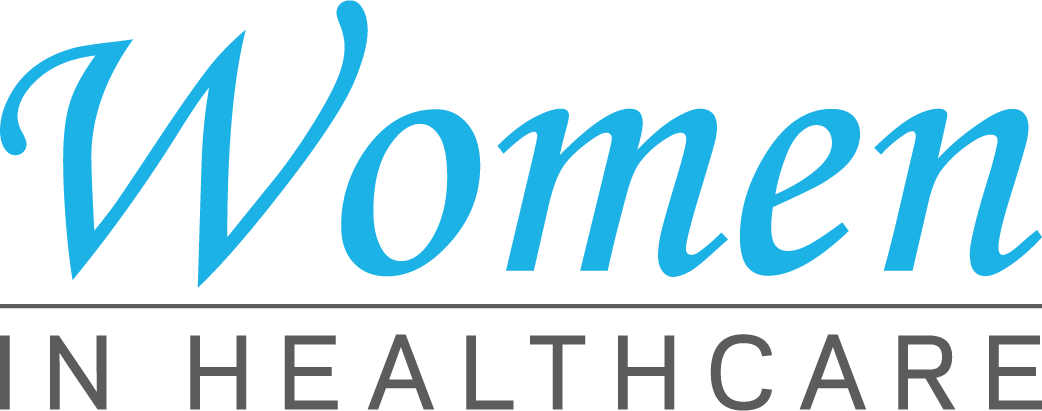Healthcare RCM Tools to Optimize Earnings and Decrease Rejections
Healthcare RCM Tools to Optimize Earnings and Decrease Rejections
Blog Article
Comprehending the Duty of Medical Care RCM in Enhancing Economic Efficiency and Individual Satisfaction
Navigating the details of Healthcare Revenue Cycle Management (RCM) is important for achieving optimum economic efficiency while simultaneously boosting patient complete satisfaction. RCM's capability to enhance payment, ensure exact coding, and quicken insurance claims refining stands as a keystone of contemporary healthcare operations. However, the nuanced interaction between these components warrants a more detailed exam to totally value their influence on both medical care providers and people. As we discover the transformative possibility of RCM, questions regarding its calculated implementation and future developments bid, encouraging insights that might redefine industry requirements and client experiences alike.

Trick Components of RCM
In the complicated landscape of health care, Revenue Cycle Administration (RCM) is critical in making certain economic stability and operational performance. Patient registration and qualification confirmation are foundational actions, ensuring that accurate person information is recorded and insurance policy protection is verified before solutions are rendered.

Charge capture is an additional vital part, entailing the exact recording of solutions offered to individuals. It guarantees that all billable services are made up, consequently making the most of earnings potential. Concurrently, clinical coding translates patient experiences right into standardized codes, which are vital for payment and regulative conformity.
Insurance claims submission and administration follow, including the prep work and submission of claims to payers. This process requires careful focus to information to reduce errors and avoid delays. Rejection administration is a positive approach to attend to and settle refuted insurance claims, securing profits streams.
Finally, payment publishing and individual collections complete the cycle, ensuring payments are precisely videotaped and superior balances are sought. Together, these elements develop a robust framework that sustains the monetary and operational health and wellness of health care companies.
Influence On Financial Efficiency
Effective Income Cycle Administration (RCM) significantly affects a health care company's monetary efficiency by optimizing capital and lowering profits leak. RCM incorporates the thorough billing and collection procedures that make sure medical care providers effectively manage their financial deals from patient enrollment to last settlement. By improving these processes, companies can decrease refuted insurance claims, quicken payment cycles, and boost total economic health.
Economic performance is enhanced through precise monitoring of payment treatments, which entails precise coding and prompt submission of cases. This decreases the likelihood of insurance claim denials and denials, which can substantially impede earnings circulation otherwise addressed promptly. In addition, incorporating innovative modern technology services facilitates real-time monitoring of claims and monetary metrics, supplying healthcare administrators with the tools essential to make informed strategic decisions.

Enhancing Person Contentment
While enhancing monetary efficiency is an essential purpose of Revenue Cycle Management (RCM), it also plays a critical role in improving patient fulfillment. By lowering management problems, RCM permits healthcare companies to concentrate extra on client treatment, which directly websites improves patient fulfillment.

RCM also enhances patient contentment through efficient communication. By maintaining a comprehensive database of patient information, RCM promotes enhanced communication between clients and healthcare carriers, making certain individuals feel informed and valued.
Techniques for Efficient RCM
Accomplishing reliable Revenue Cycle Administration (RCM) needs health care organizations to carry out a set of tactical practices that guarantee economic security and operational effectiveness. One essential method is the adoption of technology-driven services, such as incorporated software application systems that simplify payment processes, reduce errors, and boost information accuracy. These systems allow real-time tracking of economic metrics, permitting punctual recognition and rectification of inadequacies.
Another approach is the standardization of processes across the profits cycle. Healthcare RCM. This involves establishing regular plans for patient registration, insurance verification, and declares handling. By guaranteeing that all personnel follow these criteria, organizations can minimize discrepancies and expedite settlement collections
Staff training and advancement likewise play an essential duty in efficient RCM. Well-trained personnel can efficiently navigate complicated invoicing treatments and policies, improving and lowering rejections capital. Routine updates on policy changes and best techniques assist preserve a experienced and experienced workforce.
Future Trends in RCM
As health care companies enhance their Revenue Cycle Monitoring (RCM) strategies with technology and standard processes, focus is now turning in the direction of try these out the future trends forming this important area. One considerable pattern is the combination of synthetic knowledge (AI) and artificial intelligence to automate complicated jobs, such as insurance claims processing and predictive analytics. These technologies are expected to lower errors, speed up deal times, and provide data-driven insights for better decision-making.
Additionally, the shift in the direction of value-based care remains to affect RCM methods - Healthcare RCM. Medical care service providers are expected to increasingly focus on person end results and contentment, requiring RCM systems that can fit brand-new repayment versions. This shift will require even more comprehensive information collection and analysis to efficiently gauge and report on efficiency metrics
Interoperability is an additional arising concern, as seamless data exchange between inconsonant systems becomes vital. Enhanced interoperability will facilitate more exact individual details sharing, reducing management problems and enhancing the patient experience.
Verdict
Health Care Revenue Cycle Monitoring (RCM) substantially influences both financial efficiency and person satisfaction by optimizing invoicing processes, making sure specific coding, and allowing prompt claims entry. Reliable RCM decreases revenue leakage and increases capital, reducing insurance claim denials and accelerating repayments. This efficiency promotes depend on and complete satisfaction among clients. RCM systems also assist in far better communication and flexible settlement choices, creating a patient-centered experience. Future RCM patterns will likely concentrate on more integrating technology to improve these benefits.
Navigating the intricacies of Health care Earnings Cycle Management (RCM) is vital for accomplishing optimum monetary efficiency while concurrently boosting individual fulfillment. RCM encompasses the comprehensive invoicing and collection procedures that guarantee medical care companies successfully manage their monetary transactions from patient registration to last payment. By reducing management concerns, RCM enables medical care service providers to focus much more on patient care, which directly boosts patient satisfaction.
By keeping a comprehensive data source of patient info, RCM facilitates boosted communication in between individuals and health care providers, making sure individuals really feel notified a knockout post and valued.Health Care Earnings Cycle Administration (RCM) considerably affects both monetary performance and patient satisfaction by enhancing invoicing procedures, guaranteeing specific coding, and allowing punctual insurance claims submission.
Report this page